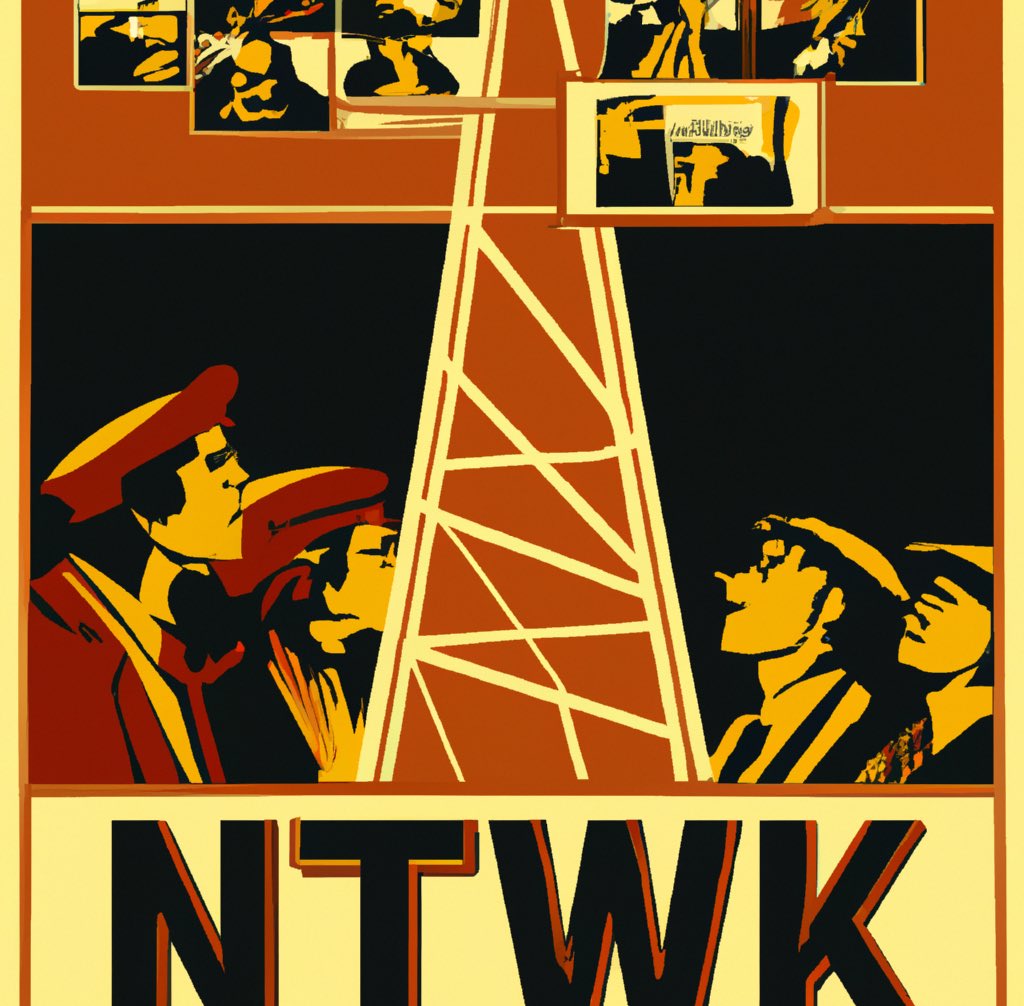There are several major providers of network security solutions, including:
- Cisco: Cisco offers a range of network security solutions, including firewalls, intrusion prevention systems (IPS), and security management.
- Palo Alto Networks: Palo Alto Networks is known for its next-generation firewalls, which use a unique security model based on application and content, rather than just IP addresses and ports.
- Check Point Software Technologies: Check Point provides a range of network security solutions, including firewalls, VPNs, and intrusion prevention systems (IPS).
- Fortinet: Fortinet offers a range of network security solutions, including firewalls, intrusion prevention systems (IPS), and security management.
- Juniper Networks: Juniper Networks provides a range of network security solutions, including firewalls, VPNs, and intrusion detection and prevention systems.
- McAfee: McAfee offers a range of network security solutions, including firewalls, intrusion prevention systems (IPS), and security management.
- Symantec: Symantec offers a range of network security solutions, including firewalls, intrusion prevention systems (IPS), and security management.
It’s difficult to compare these providers head-to-head as each has its own strengths and weaknesses, and the best solution for a particular organization will depend on its specific needs and requirements. Some factors to consider when comparing network security solutions include:
- The type of threat the solution is designed to defend against.
- The level of customization and control offered.
- The ease of deployment and management.
- The cost of the solution, including any ongoing maintenance and support costs.
Ultimately, it’s important to carefully evaluate the features and capabilities of different network security solutions to find the one that best meets the needs of the organization.
